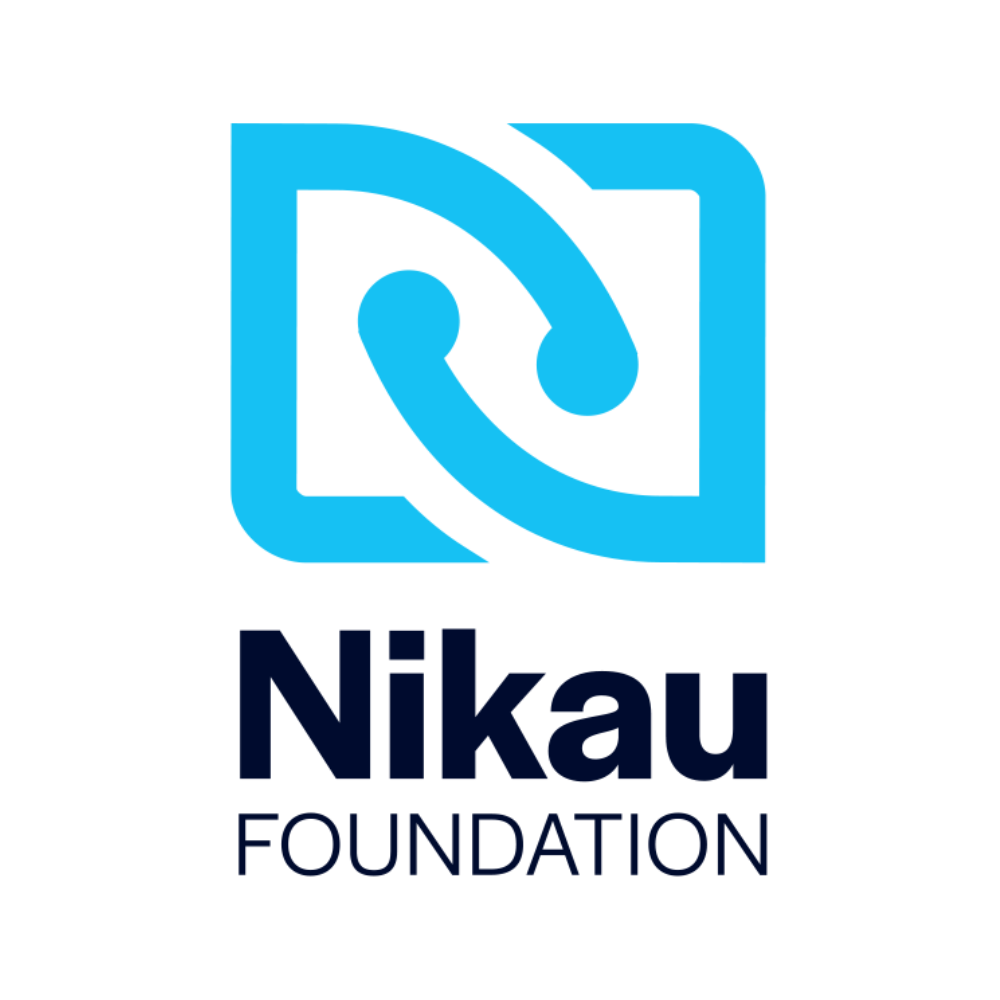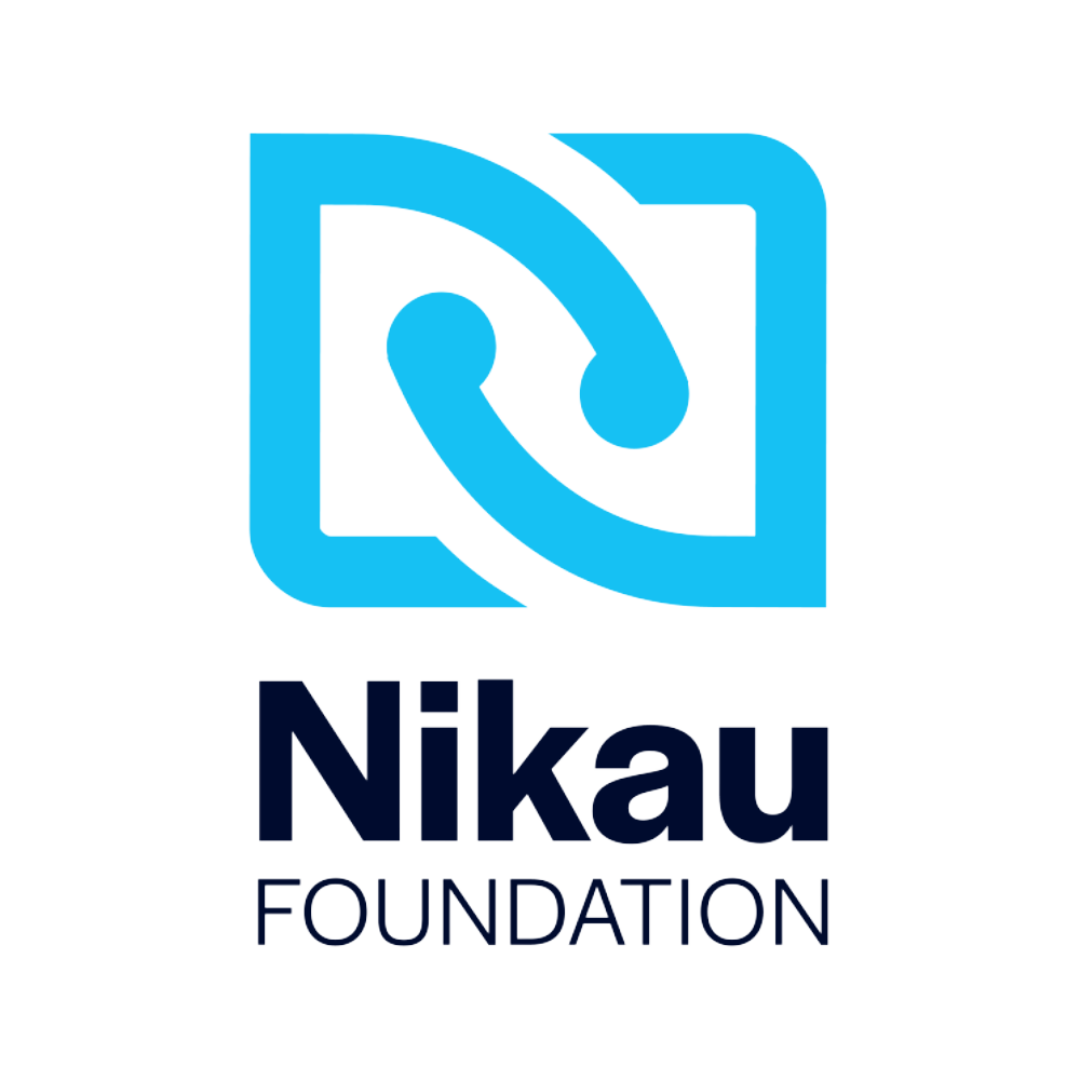A simple, practical solution to alleviate food insecurity.
Closing the loop on food waste.
A food delivery goes out almost as soon as it comes in at Kaibosh's busy Hopper Street premises. Within ten minutes of our arrival, one of Kaibosh's distinctively branded trucks has been parked up and unpacked; and the food it once contained has been sorted, repacked and stored ready for dispatch later that day. This pace is not out of the ordinary, says General Manager, Matt Dagger. In fact, with the sheer volume of food Kaibosh receives (in June alone, this was in excess of 42,000 kg) and the huge demand for the services they offer; this is business as usual.
Although you wouldn’t know it, Kaibosh was founded almost by accident; kindled by a chance call from hospitality chain, Wishbone, at the end of their retail day. At the time, Kaibosh Co-Founder, Robyn Langlands, was volunteering for Women's Refuge. Serendipitously, she answered the phone that day. “We have plenty of extra food and nowhere for it to go; did Women's Refuge want to pick some up?”
The answer was a resounding ‘YES’, and this chance phone call quickly turned into a weekly pick up for Women’s Refuge, followed by deliveries of surplus food to the Wellington City Mission. There was a lot of food to distribute, and a lot of businesses willing to donate. The challenge was solely logistical; getting food from A to B; and newly-formed Kaibosh was there to offer a simple and practical solution.
Over 122,500 tonnes of food (that is, enough to feed the population of Dunedin) is wasted in New Zealand every year. This statistic is only made more eye-watering by the economic and environmental price tags that come with it. We are talking approximately $800 million in food wasted, and 409,234 tonnes of carbon emissions, per year. The problem is vast; and it is growing.
For Kaibosh, keeping up with demand meant they continued (and still continue) to outgrow themselves. Their first hub, located out the back of Wesley Church in Te Aro quickly became too small, and accelerated upscaling left Founders, Robyn and George looking for a way to ensure sustainable growth. With the help of Nikau Foundation, Kaibosh invested in strategic consultancy; a move which would set the blueprint for all Kaibosh’s future operations and strategic approach.
Matt says, “this consultancy gave Kaibosh direction and helped us to prepare for any obstacles that may come our way. It got us through when our Tennyson Street hub was destroyed during the Kaikoura earthquake in 2016, it got us through COVID-19, and it’ll continue to get us through.”
Since 2008, Kaibosh have rescued almost 2,000,000 kgs of food. They have provided over 5,000,000 meals to community organisations (nowadays, over 120 of them) addressing food poverty in their local communities and have contributed 665,000 kgs of carbon emission reduction.
Alongside their Wellington City hub on Hopper Street, they now have hubs in Kapiti and the Hutt Valley; each busily working towards creating a Wellington where no one experiences food insecurity.
To find out more about Kaibosh, click here.
Help us to create transformational change within our communities by donating to Nikau Foundation here.





